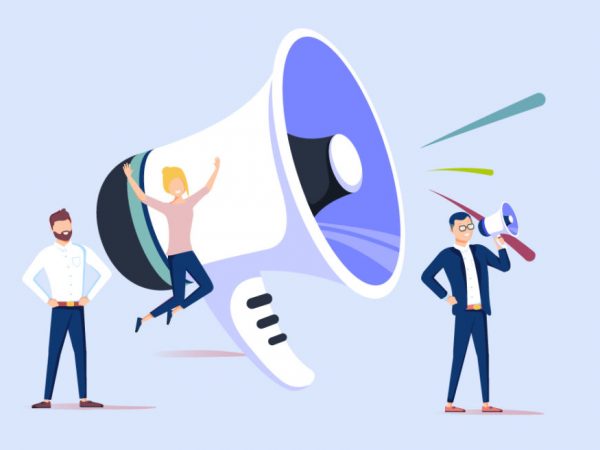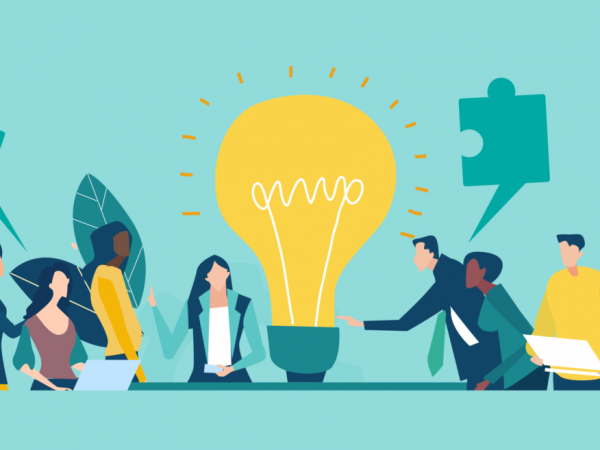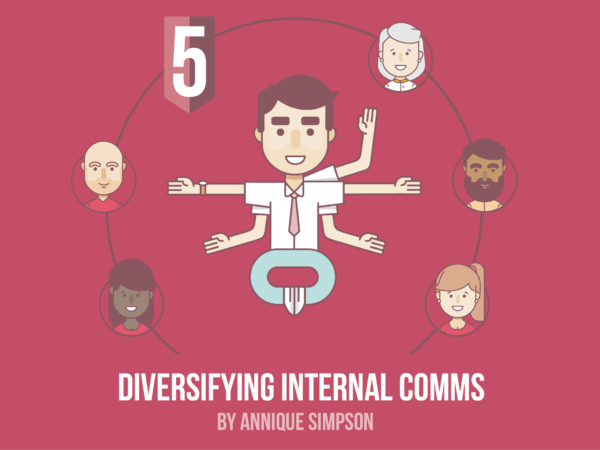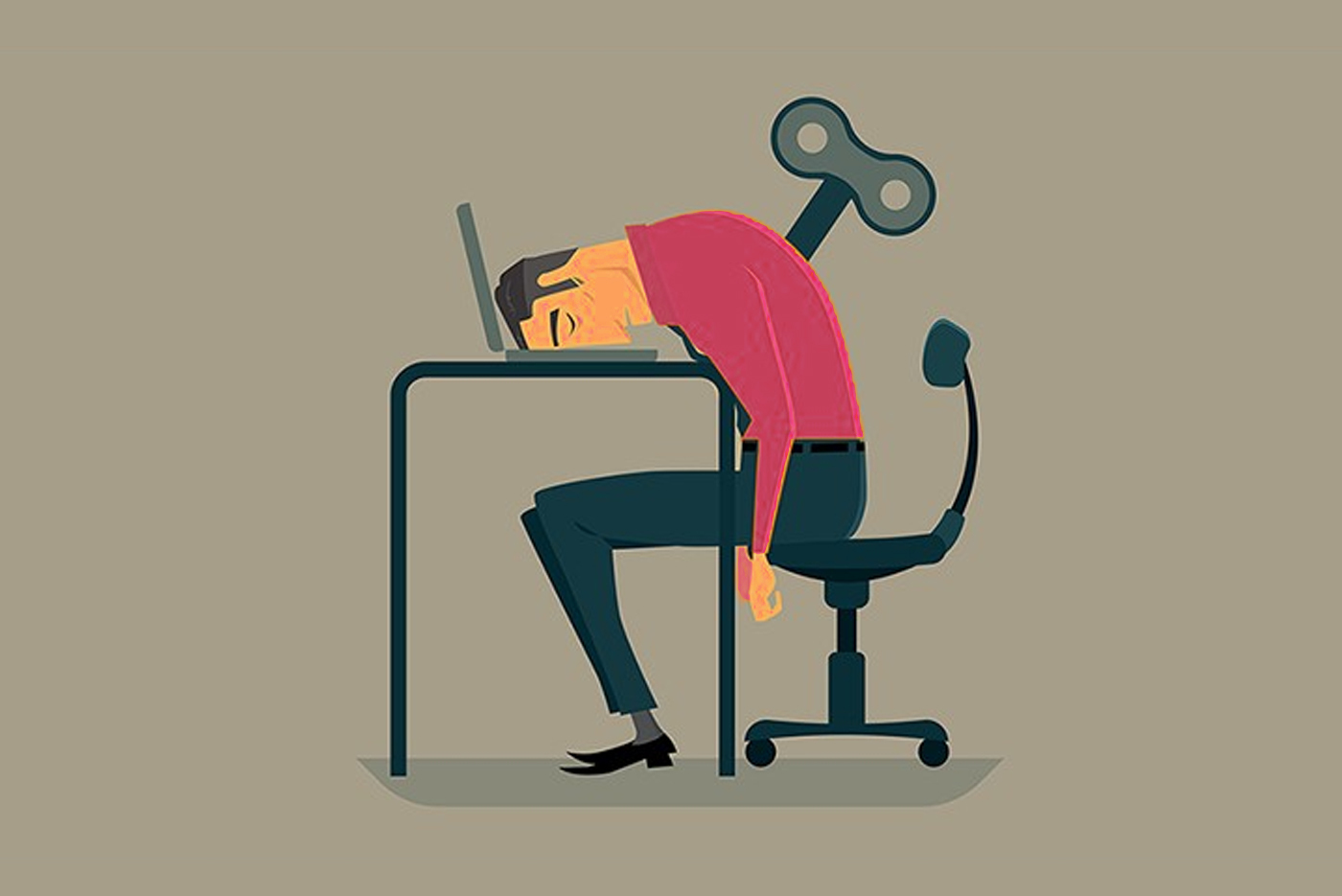
Has the question ‘how can I live better?’ ever crossed your mind?
It’s an ever-present conundrum that has innumerable suggestions thrown at it left, right and centre.
Bookshops have whole sections devoted to self-help topics; we’re bombarded by media messages extolling the latest material fads designed to improve our well-being; and many of us have dreams on our bucket lists we one day hope to tick off for a sense of personal achievement and fulfilment.
But these things might not actually carry that much weight in the better living debate.
As it turns out, the thing that most people actually crave is deceptively simple, and something we should all easily be able to achieve – a good night’s shut-eye!
To sleep, or not to sleep
In a recent study by Sainsbury’s (in association with Oxford Economics and the National Centre for Social research), it was found that over 60% of people who consider themselves to be ‘living well’ feel well-rested most or all of the time – while among those who are sleep-deprived, that number’s only a meagre 5%.
The amount of sleep we should be getting versus the amount of sleep we’re actually getting has become a hotly debated topic in the workplace. The widespread consensus is that the balance is hugely lopsided – with the result that a substantial number of employees are turning up to work sleep-poor, sluggish, and significantly unmotivated and unproductive.
This bad practice has ramifications on a much wider scale – with sleep-deprived employees costing the UK economy as much as £40 billion a year.
Moreover, employees who regularly catch less than six hours of sleep per night lose around six more working days to absenteeism or presenteeism each year than those who slumber for seven to nine hours.
And lack of sleep significantly reduces our brain activity – leaving less cognitive fuel in the tank for creativity, innovation, and ideation. This could have a disproportionate impact on knowledge workers – those who deal primarily in interpreting and appropriating information.
Sleep-deprived employees cost the UK economy as much as £40 billion a year
In fact, research has shown that being awake for over 17 hours straight has the same impact on your brain as a blood alcohol level of 0.5%. Essentially – if you stay awake for his amount of time, you’ll end up feeling a wee bit woozy.

Internal comms without impact
Sleep deprivation could be a killer for employee engagement too. After all, how can employees be truly engaged and put their heart and soul into in their work if they’re struggling to stay awake while doing it? Overwhelming fatigue is more likely to have employees wishing for their beds, as well as significantly increasing the risk of burnout.
More specifically though, what do our poor sleeping habits mean for internal comms? It goes without saying that when we bypass sleep, our ability to process and retain information and messages is significantly depleted. As well as our motivation – which could make engaging and galvanising people around an organisational change, for example, much trickier.
Meaning that, essentially, all the effort invested in crafting inspiring messages and exciting ambient media – fails to make the desired impact.
What happens at work, doesn’t stay at work
Of course, the blame can’t be solely laid at employees’ doors. In our modern ‘always-on’ lives, we’re under a lot of pressure to keep on top of everything. A sea of emails. Copious amounts of meetings. The looming silhouette of change.
The mounting pressures and distractions are continuously filling up our plates. Conducting this discordant orchestra can often be the most challenging task of all.
To the extent that, to the detriment of their well-being – many people frequently take their work home with them, and are compelled to check and respond to emails late into the night.
So preoccupied with staying on track with their workloads – that they forget to stay on track with their sleep!
Talk of Circadian Rhythms
And there’s a scientific dimension too. Our circadian rhythms – the biological cycle that controls our energy and alertness levels throughout the day – are out of sync with the entrenched 9 to 5 working culture.
This is why you might experience the infamous post-lunch dip, or feel more naturally energised at specific times throughout the day.
The 9-5 working culture is intrinsically out of sync with our natural circadian rhythms
Our circadian rhythms were not designed for a set prolonged period of working time, followed by an extended period of rest and recuperation. Rather – our biology dictates that we should break the day up, interspersing them according to when we feel at our most alert, and our most lethargic.
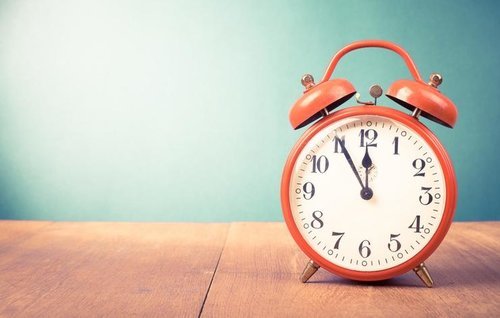
Of course, we can’t just turn our backs on the traditional 9-5. It’s too deeply engrained for that. But our working norms and practices are starting to shift and evolve – towards a less rigid, more free-flowing working reality.
The rise of home and remote working has enabled people to by-and-large adapt their working habits to suit their personal body clocks and habits, albeit within the traditional time window.
And there’s been calls to alter this window accordingly – allowing employees to start work at 10am rather than 9am, suiting their natural biological rhythms to reduce the risk of stress and exhaustion.
Changing our sleep habits
And across the globe, steps have been put in place to reduce the level of sleep-deprivation amongst employees and kick our sleeping habits back into shape.
Earlier this year, French employees were given the legal ‘right to disconnect’ from work emails after hours.
In China, factory workers are encouraged to take a 30-minute nap after lunch every day to boost their productivity (which has purportedly lead to a 30% increase in output).
And in Japan, sleeping in meetings is actually a respectable demonstration of previous hard work – so rather than disgruntledly prodding you awake, colleagues will instead admire the prior dedication and perseverance that’s worn you out while you snooze soundly.
Of course, we need to change attitudes too. It can be easy to subscribe to the belief that losing sleep to work makes you a more valuable and committed employee. Thinking that the more work we do – the more important and worthwhile we are to the organisation.
Avoid succumbing to the belief that losing sleep for work makes you a more valuable and worthwhile employee
But more work, less sleep doesn’t necessarily mean better work. It often means the exact opposite. When we compromise on sleep, we compromise on quality, and efficiency too. So our output is substandard, and slower than it would be if we were raring to go.
Redressing the sleep balance
The underlying message is that getting the right amount of sleep is tantamount to improving performance, productivity, and quality of results.
We’ve all heard the stories of the supposed ‘sleep elite’ – people like Donald Trump and Margaret Thatcher, who proclaim(ed) to survive on scant levels of shut-eye amounting to no more than four hours a night.
But what about other successful folks? Albert Einstein purported to sleep for 10 hours a day (with daytime naps on top of that), and Bill Gates catches at least seven every night in order to ‘stay sharp’.

On the whole, we have a hefty amount of compelling evidence to suggest that more sleep is better for our employees and organisations on pretty much every metric you can think of.
We just need to redress the balance. Putting steps in place to maximize our productivity when it really counts. Interspersing hard, focused work with welcoming periods of rest. Remembering that what matters is the results we achieve – not how much effort we put into achieving them.
After all, work-life balance is the latest hot topic in the workplace.
So why don’t we start focusing on sleep-life balance too?
And if you fancy finding out more about why the present reality of the workplace no longer fits with our innate sleeping patterns, we recommend this short but sweet TED Talk by Jessa Gamble!
Looking to get your employees invested in your organisation’s messages?
We create integrated internal comms campaigns that put your employees at the heart of the story – building engagement and commitment that lasts. Drop us a line today to find out what we can do for you!
Got a brilliant idea you simply can’t keep to yourself?
We’re always looking for fresh faces to help us further the IC conversation by writing guest articles for our blog. If you want to make your voice heard on internal comms, employee engagement, change management or leadership development, we’d love it if you got in touch!


